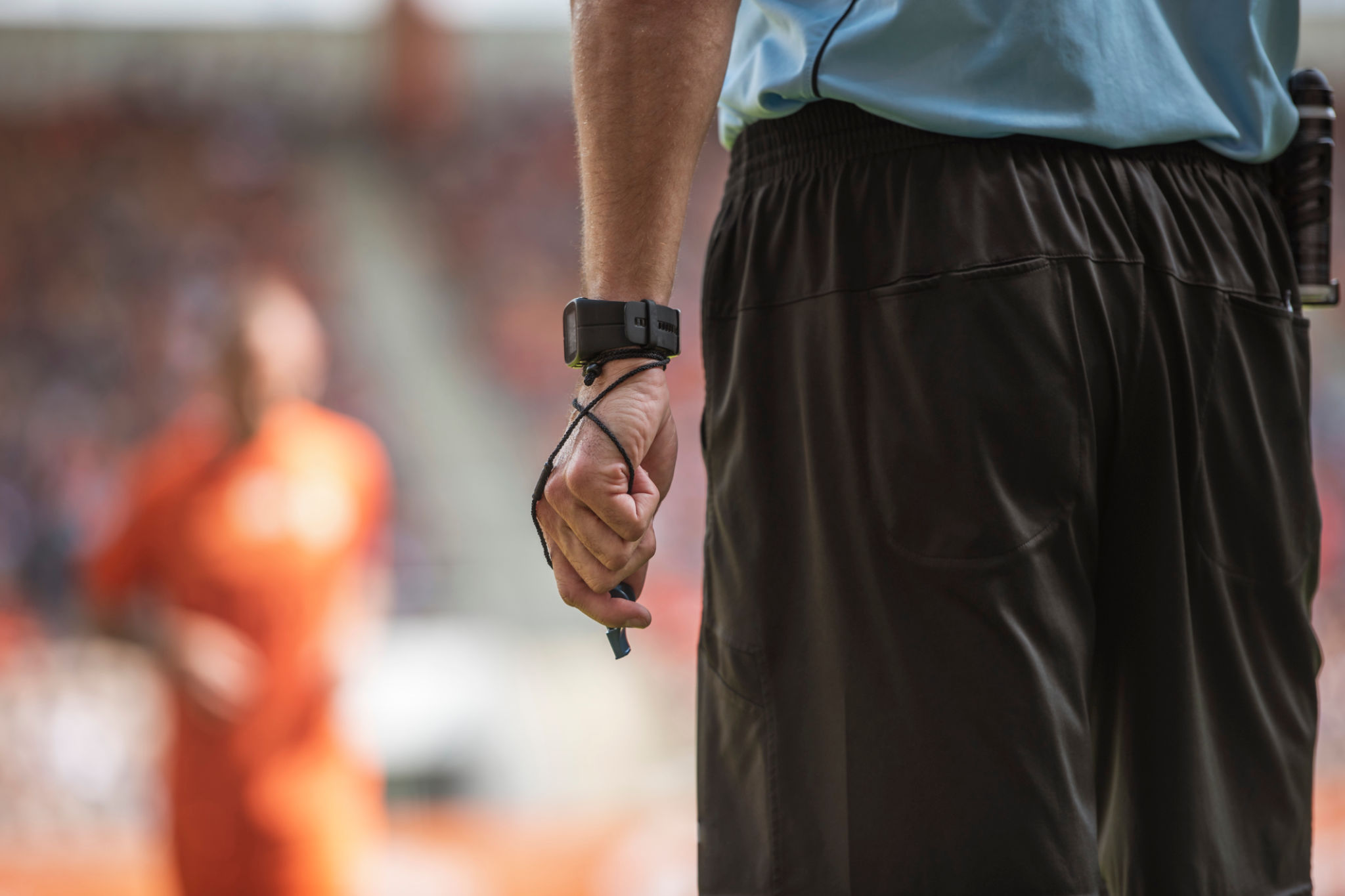Common Misconceptions About Soccer Refereeing: Debunked
Understanding the Role of a Soccer Referee
Soccer referees often find themselves at the center of controversy during games, yet they play a crucial role in maintaining the fairness and flow of the match. Despite their importance, several misconceptions about referees persist. In this post, we'll debunk some common myths surrounding soccer refereeing to provide a clearer understanding of their responsibilities.

Myth 1: Referees Are Biased
One of the most prevalent misconceptions is that referees are biased or favor certain teams. In reality, referees undergo rigorous training and are expected to uphold the integrity of the game. They are trained to make impartial decisions based solely on the rules of soccer, and any perceived bias is usually due to the high-pressure nature of their job. Mistakes are inevitable, but intentional bias is rare.
Myth 2: Referees Control the Outcome of a Game
While referees have a significant influence on a game's flow, they do not control its outcome. Their primary role is to enforce the rules and ensure fair play. Decisions such as awarding penalties or issuing red cards are based on players' actions, not personal judgment. Ultimately, it's the players who decide the result through their performance and strategy.

The Complexity of Officiating
Myth 3: Referees Do Not Understand the Game
Another false belief is that referees are not knowledgeable about soccer. In fact, referees must possess a deep understanding of the game. They are required to pass written exams and practical assessments to demonstrate their knowledge of the rules. Ongoing education is also essential to keep up with any rule changes or clarifications.
Myth 4: Refereeing Is Easy
Many assume that refereeing is an easy task that involves simply blowing a whistle. However, refereeing is physically and mentally demanding. Referees must constantly be in the right position to observe play accurately, often running several miles during a match. They must also make split-second decisions that can impact the game, all while managing players' emotions and maintaining control.

The Human Aspect of Refereeing
Myth 5: Technology Will Replace Referees
With the advent of technologies like VAR (Video Assistant Referee), some believe that technology will replace human referees. While technology aids in decision-making, it cannot replace the human element essential for interpreting context and maintaining game flow. Referees use technology as a tool to enhance accuracy, not as a substitute for human judgment.
Myth 6: Referees Are Unapproachable
Contrary to popular belief, referees are not unapproachable figures who cannot be questioned. While maintaining authority is crucial, many referees are open to communication with players and coaches when appropriate. This openness helps to foster understanding and respect on the field, contributing to a more harmonious game environment.

In conclusion, soccer refereeing is a complex and challenging occupation that is often misunderstood. By debunking these myths, we can appreciate the dedication and skill required to officiate at all levels of the game. Understanding these realities helps fans and players alike appreciate the difficult yet essential work referees perform to ensure fair play in soccer.
